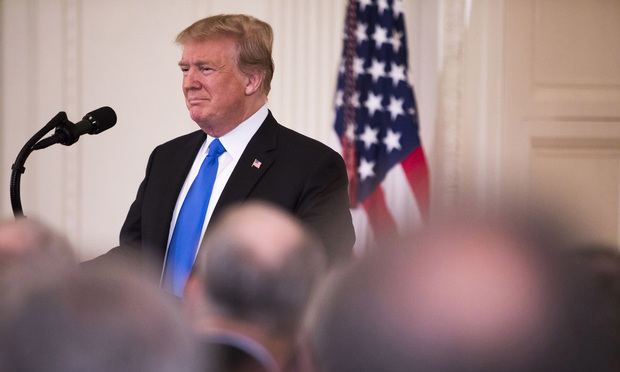Donald Trump has filed suit asking a federal judge to issue an injunction barring the New York County grand jury from gathering evidence as to whether he—and his accomplices—committed crimes in Manhattan. Although the United States Supreme Court has previously ruled that federal courts should not intervene in state criminal proceedings, Mr. Trump ignores clear law that goes to the essence of our federal structure under the Constitution.
Without getting into arcane discussions of federalism, the larger point is that the substance of Mr. Trump’s argument is awe-inspiring in its threat to our institutions. This issue is not about this particular president; rather it is about the rule of law.
This content has been archived. It is available through our partners, LexisNexis® and Bloomberg Law.
To view this content, please continue to their sites.
Not a Lexis Subscriber?
Subscribe Now
Not a Bloomberg Law Subscriber?
Subscribe Now
LexisNexis® and Bloomberg Law are third party online distributors of the broad collection of current and archived versions of ALM's legal news publications. LexisNexis® and Bloomberg Law customers are able to access and use ALM's content, including content from the National Law Journal, The American Lawyer, Legaltech News, The New York Law Journal, and Corporate Counsel, as well as other sources of legal information.
For questions call 1-877-256-2472 or contact us at [email protected]







